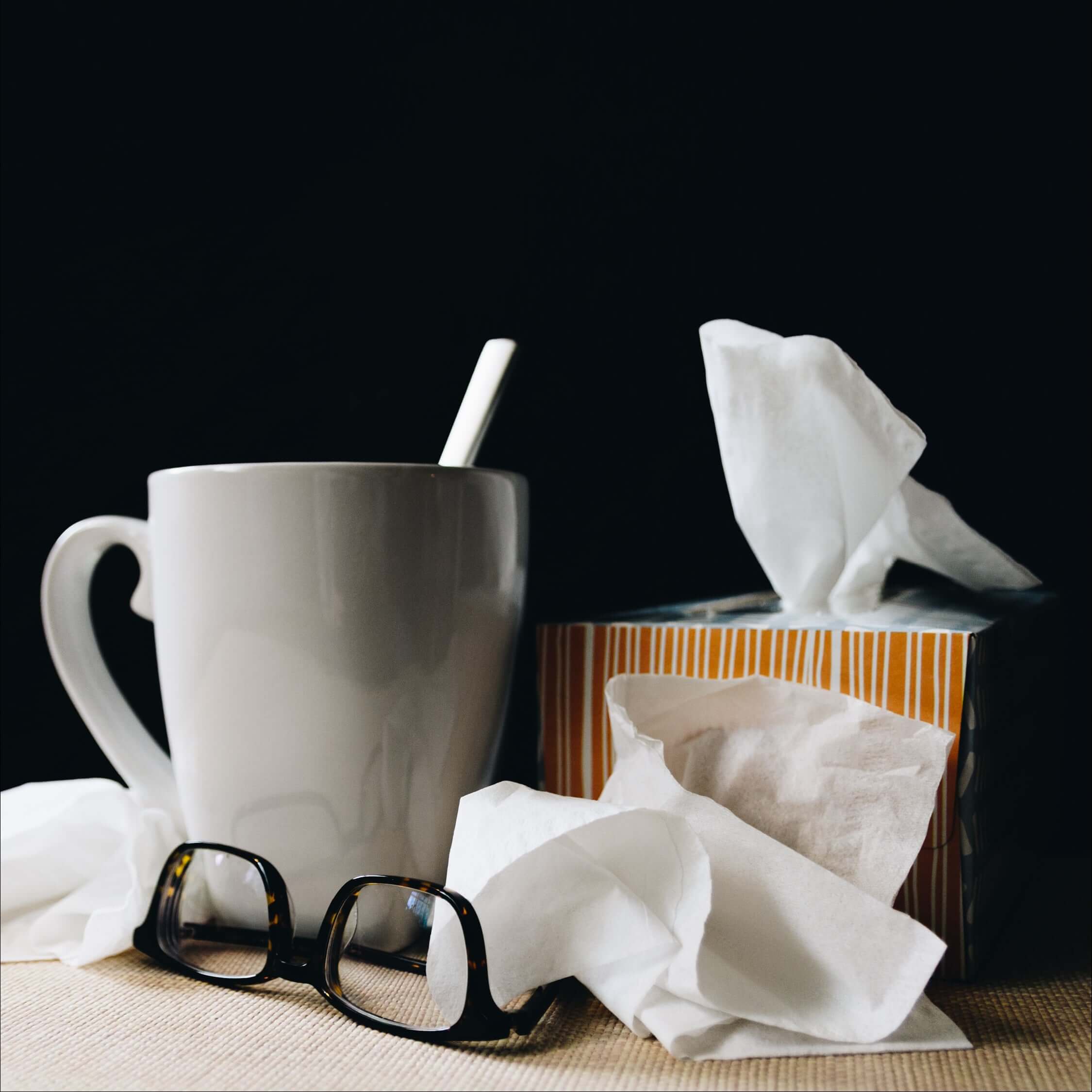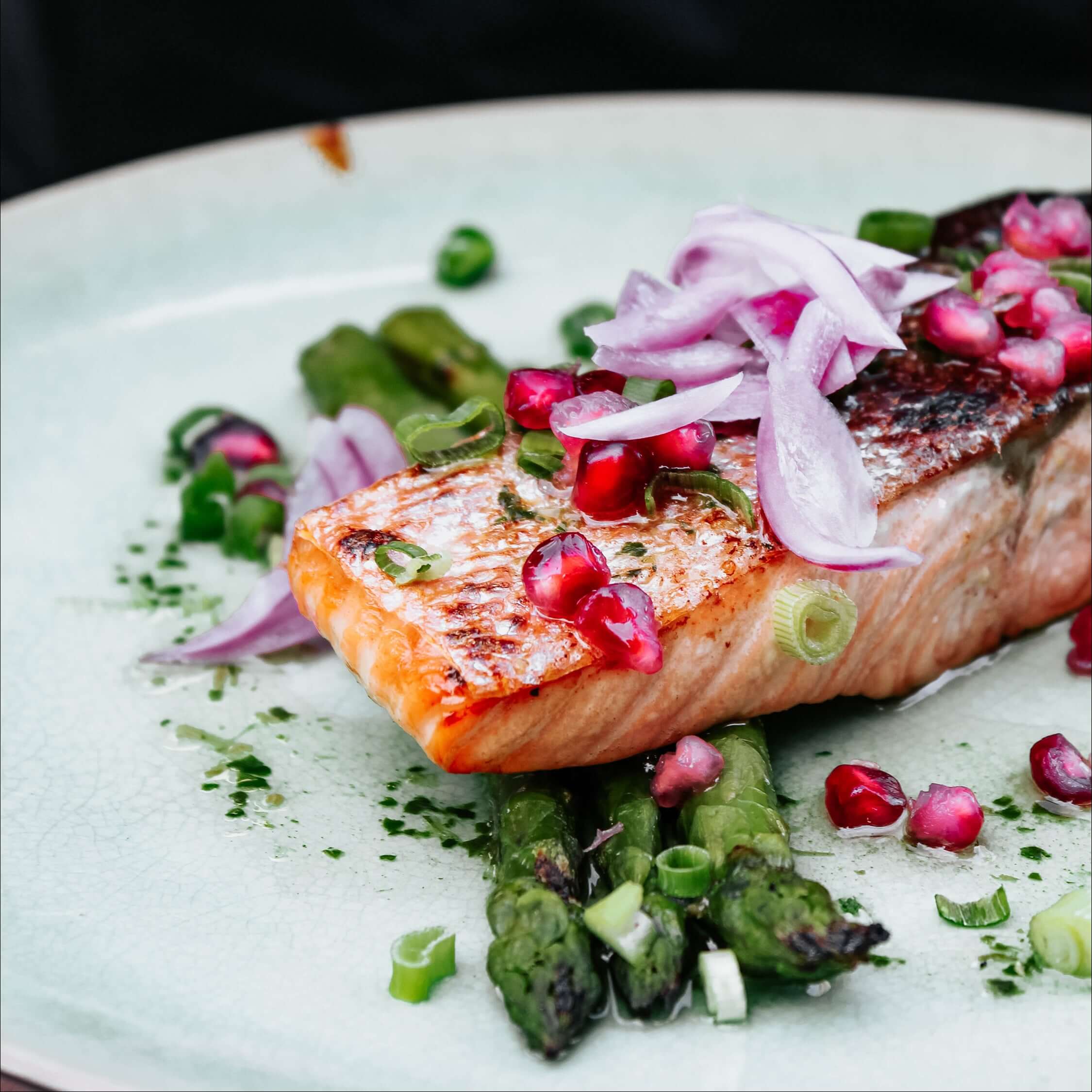The Flu Vaccine - Should You Have It?
Around this time of year the marketing bombardment for flu vaccinations begins its onslaught on TV, on the tube, and in the media, and our fear of catching the flu truly starts to settle in. This year, however, I think our concerns over the flu are much diminished in favour of a greater, more scary virus on the loose, Covid-19. Nevertheless, many of you out there might be thinking of going to get the flu jab so this week we thought we’d do a post on the difference between building yourself up naturally Vs. relying on vaccines.
Without going too deep into a Bill Gates and vaccines rabbit hole, I think the most crucial and important thing to point out when discussing vaccination of any kind is that it’s 100% your choice, and no one else's. I am not going to spend this post forcing my own opinion on you - it’s always best to do your own research and make your own conclusions as to what you want to put into your body. Rather, I want to take the time to talk about how vaccines work and what you can do yourself to bolster your natural immune defences.
What is a vaccine?
A vaccine is a type of medicine that trains the body's immune system so that it can fight a disease it has not come into contact with before. Vaccines are designed to prevent disease, rather than treat a disease once you have caught it. They’re usually made out of weakened or killed forms of the microbe they’re trying to protect against, its toxins, or one of its surface proteins.
In principle, without dwelling too much on the gross nature of what is actually being injected (ummmm dead matter and toxins what?) the act of training our immune systems is generally what happens in nature anyway as we grow and get older. Something I’m always looking out for in my patient population, for example, is whether they’ve been breast or bottle fed, born by C-section or vaginally, as it’s factors like that that help to start building up our immune tolerance as we grow.
How effective is the flu vaccine?
“While vaccine effectiveness can vary, recent studies show that flu vaccination reduces the risk of flu illness by between 40% and 60% among the overall population during seasons when most circulating flu viruses are well-matched to the flu vaccine.” (cdc.gov)
The crucial thing I want to point out here is the “when the virus is well matched to the flu vaccine” part. The thing about viruses, and we’ve learnt this a lot recently with Covid, is that they mutate and change their shape to be unrecognisable to our immune system even if we’ve taken a vaccine against them, hence they are never 100% effective.

It's time to take your gut health seriously and feel the benefits to your immunity that having good gut health can bring! We have a 2 step Gut cleanse protocol at Presscription, specially designed by Nutritionist Amanda Hamilton.
What are you waiting for?
"I’ve just completed my first three-day gut cleanse and I feel great! This was just the right one for me, helping to settle and rejuvenate my digestive system. The service is very efficient: the bottles arrived on the morning of Day 1, well packaged. All the juices tasted good, and the whole set has clearly been very well put together. I loved the end-of-day drink and the watermelon to kick-start things! Day 1 I almost didn’t finish the drinks as I felt so full. By Day 3, the quantity felt just right. Three days was a good amount for my first time, but I might be tempted to extend in future. I will be back for more" - Lyndsay W, The Gut Cleanse 1
What can we do ourselves?
Something that is extremely effective at keeping us healthy, fit and strong generally is living every day in a way that’s conducive to maintaining good immune health. It’s easier than you might think to look after your immune system and improve your body’s ability to fight off infection, but it requires consistency and dedication combined with a few simple interventions.
Of course you can drink all the immune boosting potions you like and spike your food with super foods and powders alike, but actually the most simple and effective support to a healthy and fully functioning immune system is quality sleep. Every one of my patients goes away with a ‘prescription’ for orange tinted blue-blocking glasses, daylight exposure first thing in the morning, reduced caffeine intake and hot epsom salt baths before bed.
Next up is diet and gut health. If we’re constantly bombarding our bodies and our immune systems (remember 70% of your immune cells are in your gut) with too much sugar, processed food, additives and not enough plants, diversity, fibre, abundance and colour, then we’re at a huge disadvantage when it comes to having the resources needed to fight off a virus.
Have you ever considered your lymphatic system in relation to your immunity? The Lymphatic System is a complex network of tissues and organs that help rid the body of toxins by transporting lymph, a fluid containing infection-fighting white blood cells, throughout the body. It’s a crucial part of our immunity and it’s really easy to improve your lymph functioning in a few easy steps: drinking red clover tea, jumping up and down (or ‘rebounding’), dry body brushing and hot baths.
All of this being said, I personally feel that what we need more of in our society is more responsibility taken for our own health. It’s all very well to rely on a vaccine, but we can do so much good by just implementing a few simple lifestyle and dietary changes and stand ourselves in much better stead to not catch the flu this winter! We’ve become lazy with our health these days, handing over the responsibility for healing ourselves to doctors and physicians that are often time poor when really we should be turning to medical treatment only for acute illnesses rather than preventative measures.
As ever, do your research and make our own conclusion, but don’t forget to sleep, eat well, reduce stress and work on your lymphatics because all these simple measures really do help us improve our immunity, in conjunction with innovation in the medical sphere for those times when we really need it!
 Why Presscription?
Why Presscription?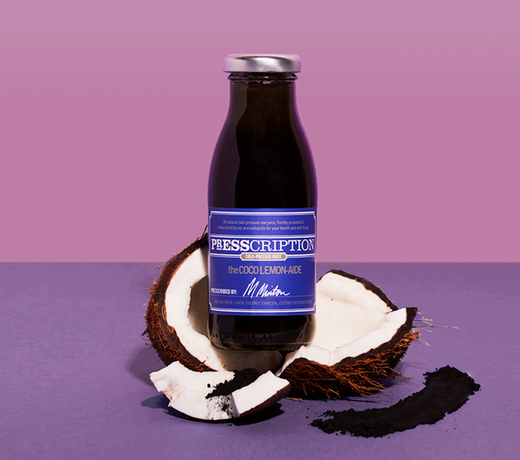 Why Cleanse?
Why Cleanse?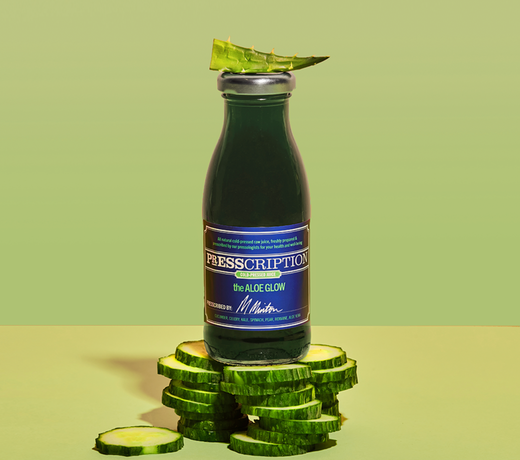 Cleansing Tips
Cleansing Tips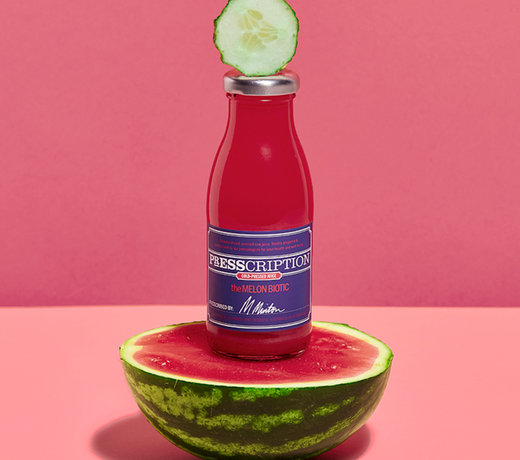 What's Pressing?
What's Pressing?